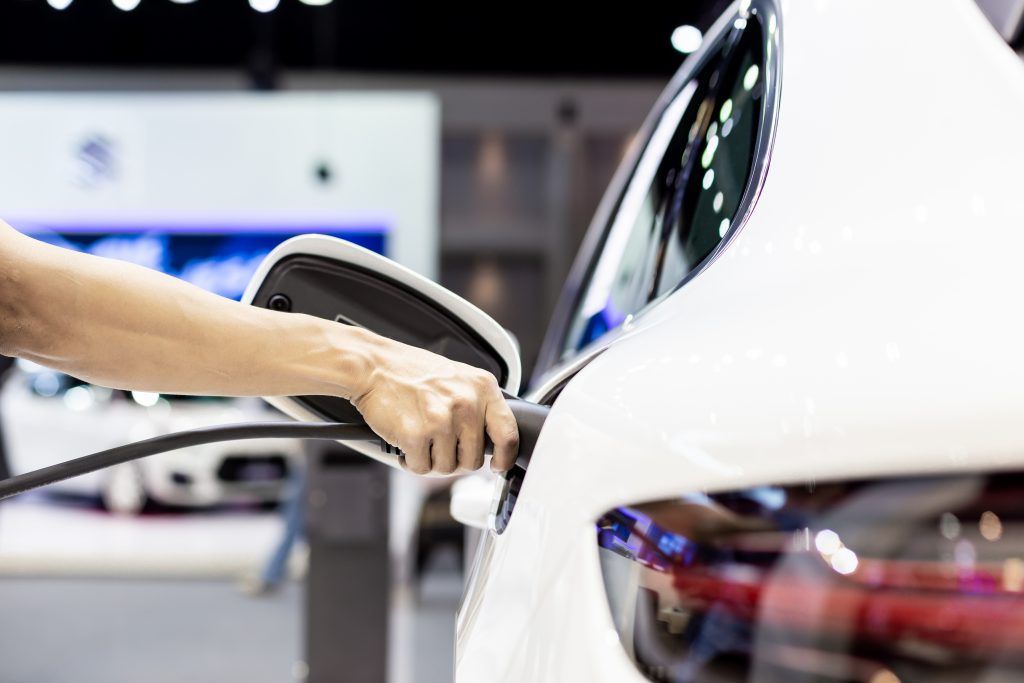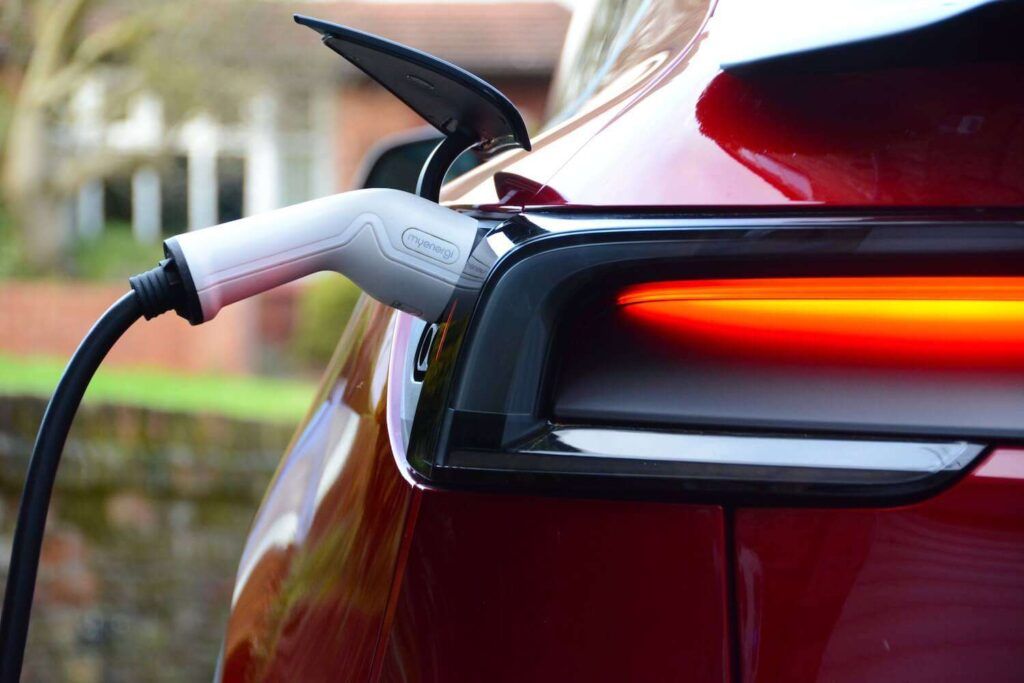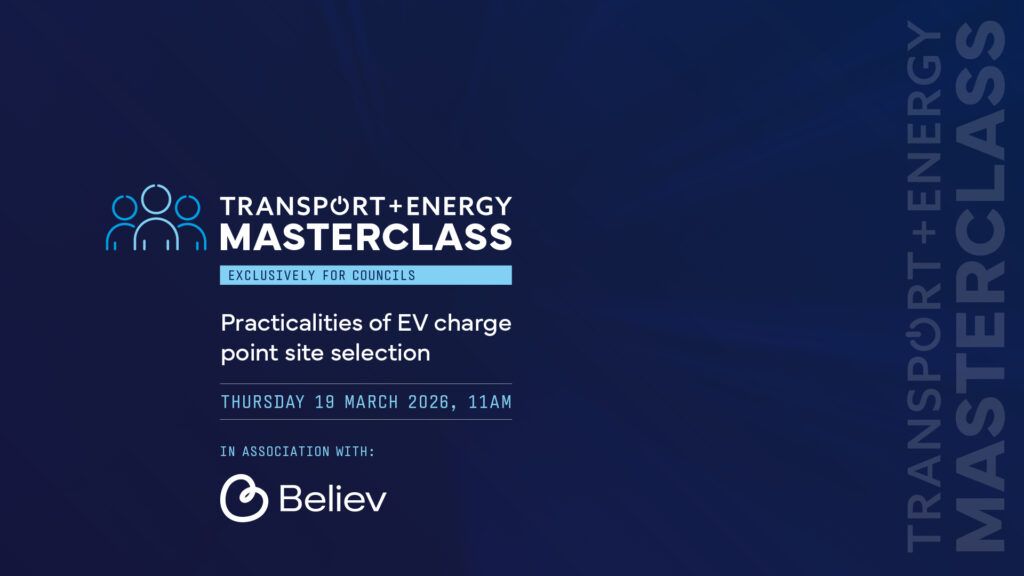There are currently more home electric vehicle driveway chargers now available to rent than Tesla destination chargers, according to Community Charging company Co Charger.
The business is headed up by Joel Teague. His journey started when he was convinced to buy an electric car by a neighbour five years ago, not realising then that it would lead to his developing the concept of Community Charging. Community Charging is an innovative approach towards solving the UK’s electric vehicle charger shortage and one that has created over 1,300 new available charge points within six months of launching – already outstripping the number of Tesla destination chargers available.
Joel Teague said: “I used to drive Jaguars, which I would buy second-hand. But after persuasion by a neighbour I decided to invest in a new Renault Zoe because it offered a smooth, quiet ride and was an ethical choice. The car arrived but the charger installation was delayed and the nearest public charger was seven miles away. I ended up giving that same neighbour a few quid to use their charger once a week until mine arrived. It was such an easy, convenient arrangement and led to a lightbulb moment in which I realised that connecting communities via an app to share chargers could unlock electric vehicle ownership for millions of motorists.”
According to the English Housing Survey at least 40% of motorists are unable to charge at home because they live in a flat or terraced house without off-street parking. There are currently around 39,000 public chargers available and over 300,000 home chargers. Making even a small percentage of the latter available via home charger sharing can ‘unlock’ electric vehicle ownership for motorists in flats and terraces and speed up the transition to electric vehicles.
After extensive research and development, Joel and his team launched Co Charger a platform for Community Charging in December 2020.
Co Charger enables those who have chargers, whether motorists, businesses or community buildings to share them with neighbours who don’t. It connects Hosts with Chargees. Hosts are motorists and organisations with an EV charger they’d be open to sharing. Chargees are people who have an electric vehicle, or are considering buying one but aren’t able to charge at home. The app handles the ‘matchmaking’, communications, bookings, reminders, calculatations and payments.
The process and payment structure is deliberately very simple. At the end of each charging session the Chargee pays via a card pre-registered in the app and the Host receives that payment minus Co Charger’s 12% fee. There is no other cost or commitment.
With the popularity of Community Charging now increasing Co Charger has more EV charging points available than Tesla Destination Chargers.
“Co Charger now has over 1,300 Hosts with driveway chargers available to rent,” explains Teague. “This is higher than the number of Tesla Destination chargers, which currently stands at 1179 (Zap-Map data May 2021). Co Charger’s total user base is 3,000 and has grown on average 45% a month during 2021. We now have Hosts and Chargees in every major UK city and town.”
Co Charger also plans to extend to other markets and has had enquiries from the USA, Canada, Spain, The Netherlands, Sweden and Australia.
“So much of the focus around charging is on topping up when on lengthy journeys,” says Teague, who is on the EV forum of the Renewable Energy Association. “But that only accounts for 3% of charging – most people don’t travel long distances on a regular basis. What’s really important is to help those motorists desperate to get out of their fossil fuel vehicle and into an electric one but who are blocked because they don’t have anywhere to charge. By charging on a neighbour’s driveway they’ll have access to reliable, bookable, affordable charging – the closest possible experience to having a charger of their own. Yes, we need more public chargers, but we already have hundreds of thousands of private ones, paid for and maintained that do nothing for all but a few hours a week. Charge point sharing can rapidly increase the number of available chargers – right now, without waiting for additional government funding or upgrading of the charging infrastructure. It’s a quick, cheap, self-scaling solution. All it takes is for the community of EV charge point owners to see the benefits of sharing – to their pockets, to their communities and to the planet. We need everyone working in sustainable transport – especially in government – to bring about a charge point sharing culture in the UK.”
In a recent comment piece for Transport + Energy Joel further explains the company’s role and how he’d like the industry to re-evaluate the way we all think and talk about charging.
Image: Shutterstock.












